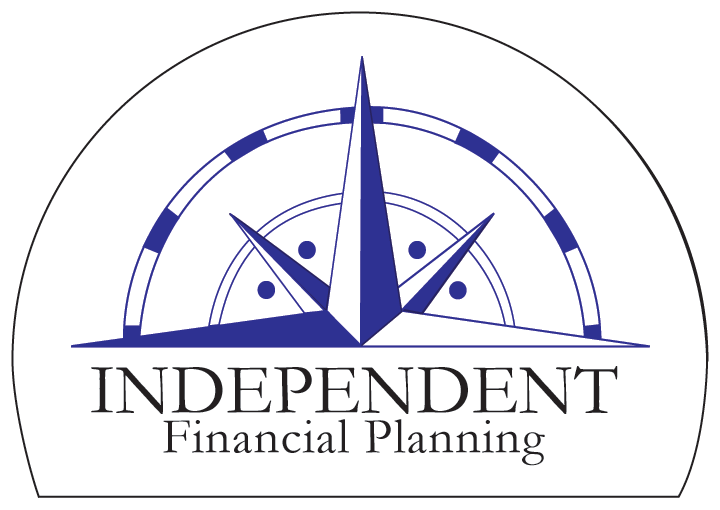Over the years I’ve heard, “it’s an investment” to justify all kinds of things. At Independent Financial Planning we know you and your decisions aren’t born of pure theory but are specific to your goals. For one person owning a home is a good decision and for another it can be disastrous. It truly depends upon each individual’s unique situation and goals.
Housing is often considered a good long-term investment. However, taken purely as an investment as money in and money out it historically returns zero in real terms after correcting for inflation, according to a study by Yale economist Robert Shiller from 1890 to 1990. Therefore, from a pure investment standpoint, the stock market is more likely to give you higher returns than housing.
Source: http://www.ritholtz.com/blog/
However, housing isn’t just an investment and thinking in pure investment terms is misguided, in my opinion. An investor has to consider the cost for shelter and realize that housing is a need. If you plan to live in your home then there is some value associated with having a place to live. Housing is a need that must be satisfied so the choice therefore is often between renting and owning.
There is another element that should be considered as well: social and community benefits. People who own their homes are more likely to invest in their homes and in their communities partially shown in this study attempting to link default risk to a lack of social cohesion. This often overlooked benefit of owning can be replicated by renters with an intent to maintain community in their environment but the concept of mistreating unowned property is so well observed and documented it has an official title, “the tragedy of the commons.” Social fabric seems to be more tightly woven as a result of home ownership.
The benefits of renting shouldn’t be taken lightly either, however. Increased flexibility, increased financial liquidity (money that can be spent on things other than a down payment), lower upfront costs and no/low maintenance costs. It’s because of these positives that it often makes sense to rent, and especially when you’re newly married.
However, the opposites of all of the above benefits can be beneficial for some people. Housing can be a forced savings vehicle with the down payment and monthly principal payments. There are tax benefits to having a home loan, and the asset historically has kept up with inflation, which is better than bank savings. The research also consistently shows that those who buy a home are more likely to increase their wealth (although I believe a renter who truly saves the difference between renting and buying and invests it well would likely buck that trend).
I like what Moshe Milevsky writes in his book, Your Money Milestones:
“In sum, I suspect that people grossly underestimate their home ownership expenditures. They overestimate the amount by which the house will appreciate over time. They tend to live where they work, which means that their housing capital is exposed to the same economic risks as their human capital. And yet, the one thing and investment in housing might achieve is that it creates its own investment in social capital. Perhaps this one factor outweighs the many other negatives and makes this particular money milestone worth pursuing.”
Here’s my conclusion: housing is not a good long-term financial investment. Housing is a need that can be satisfied in two ways and may be helpful or hurtful toward meeting your financial objectives. I generally recommend that younger people rent, save, and build up a good amount they can put down on a home that won’t make them “cash poor.” And I recommend once you can afford the down payment to be patient, consider if you plan to live in the home for more than 7 years (less than that is rarely worth it) and really ask yourself if you want to own a home because you really want to own it or because you’ve always thought that is just what you did when you could. I should say in closing that I own my home (or at least making payments) and I think that is the right thing for me and my family.
I will have more posts regarding the costs of home ownership. Until then if you have any questions or thoughts. Let me know.



